Eurostat confirms: Bulgaria continues to meet the price criterion for the euro
Bulgaria continues to remain within the eurozone's inflation limits, according to data from the European statistical service Eurostat

Bulgaria continues to remain within the eurozone's inflation limits, according to data from the European statistical service Eurostat

All goods and products in the small consumer basket, including water, bread, meat, cheese, eggs, sour and fresh milk, etc., have risen in price in the last two weeks

Temporary high inflation and the desire to save will lead to moderate growth in private consumption
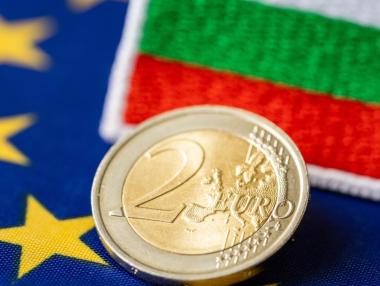
Data on the sustained low 12-month average inflation will be reflected in the convergence report expected from Brussels on June 4
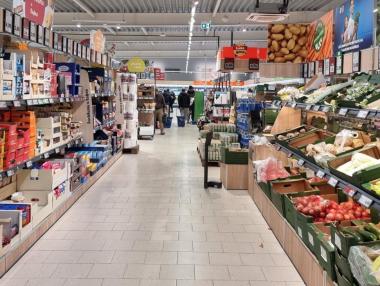
Annual inflation in Bulgaria slowed to 3.5% in April, according to data from the National Statistical Institute (NSI) published on Thursday
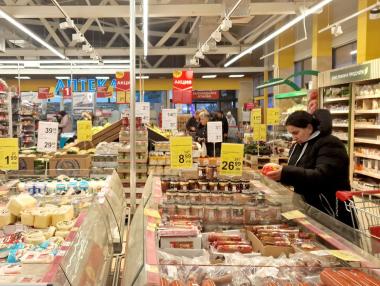
The criterion was met for the first time in February, when Bulgaria's inflation rate fully matched that of the eurozone.

We have a methodology, and it will be acknowledged. And since our experts have worked according to this methodology, we believe that we have met the convergence criteria

Only the cost of clothing and shoes went down

The prediction was made in the Bulgarian National Bank's quarterly Macroeconomic Forecast
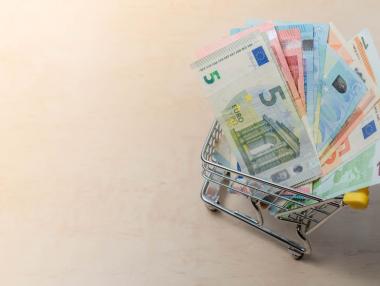
Bulgaria is likely to meet the eurozone inflation criterion in the first months of 2025
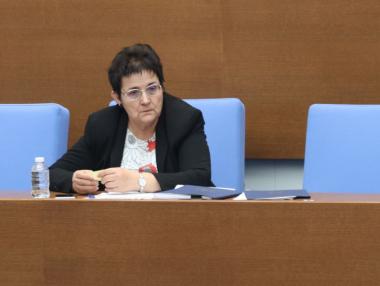
The most realistic date for Bulgaria's accession to the Eurozone is January 1, 2026 - this is the conclusion that a number of financial institutions
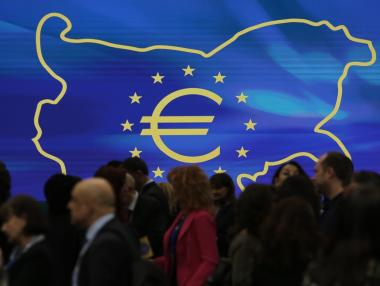
Inflation in Bulgaria continues to inch closer towards the permissible limits for Eurozone admission. At the end of September, the country’s indicator was only 1 percentage